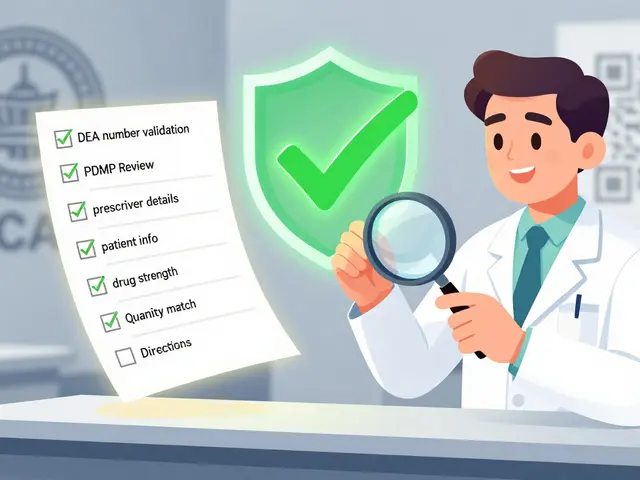Terazosin for Heart Failure — November 2023
In November 2023 we published a clear, practical piece asking a simple question: can terazosin, an alpha-blocker usually used for prostate issues and blood pressure, help people with heart failure? The post walks through what researchers are looking at, what the drug does in the body, and what this could mean for patients and clinicians. I wrote it to cut through the noise—no heavy jargon, just the facts you need to understand the idea and decide what to talk about with your doctor.
What the post covered
First, I explained how terazosin works: it relaxes certain blood vessels and can lower blood pressure by blocking alpha-1 receptors. That action affects how hard the heart must work, which is why some scientists think it could help with heart failure symptoms. The article summarized recent lab findings and small clinical observations that explored terazosin’s effects on cardiac stress pathways and blood flow.
I flagged the limits of the evidence. Most studies so far are small, early-stage, or observational. That means we don’t have large randomized trials proving terazosin improves survival or long-term outcomes in heart failure. I described the kinds of studies that would be needed to show benefit and why current data are interesting but not definitive.
Side effects and safety were a big focus. Terazosin can cause dizziness, low blood pressure when standing, and interactions with other blood-pressure drugs. For people with heart failure who already take ACE inhibitors, beta-blockers, or diuretics, adding terazosin could raise risks unless managed carefully. The article lists practical warning signs—fainting, sudden dizziness, or major blood pressure drops—and advises immediate contact with a clinician if they occur.
Practical takeaways for readers
If you’re living with heart failure and heard about terazosin, don’t switch or start medications on your own. The November post suggests discussing the latest research with your cardiologist or primary care doctor, especially if you’re already on multiple blood-pressure meds. If a clinician thinks terazosin might be worth trying, close monitoring and small dose changes are important.
The article also points to trusted next steps: asking your provider about ongoing trials, checking for drug interactions, and tracking symptoms closely after any medication change. I ended with a clear checklist readers can bring to appointments: current meds, blood pressure trends, kidney function notes, and questions about possible benefits versus risks.
This archive entry sums up the November coverage: terazosin is an interesting candidate for heart failure research, but right now it’s a topic for cautious discussion—not a ready-made treatment. If you want the full breakdown, the original post includes study references, a patient checklist, and sample questions to bring to your doctor.





